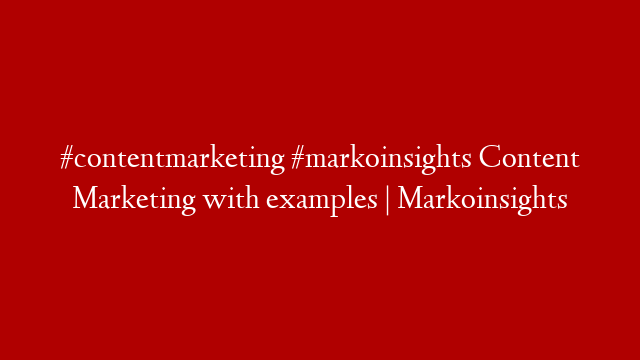In an effort to better connect with its customers and create more personalized content, Marriott International has launched a global content marketing studio. The new studio, which is based in Marriott’s Bethesda, Maryland, headquarters, will produce content across multiple channels including video, social media, and Marriott’s website and blog.
The studio will be headed up by Michael Dail, who previously served as the vice president of brand creative at National Geographic. Dail will lead a team of creatives who will work with Marriott’s global marketing team to produce content that tells stories about the brand and its properties.
Marriott believes that the new studio will allow it to create content that is more relevant to its customers and better reflects the company’s values. “We want to be a part of the conversation that our guests are having about travel,” says DermotHalpin, president of Marriott International’s Europe, Middle East & Africa region.
The launch of the studio comes as Marriott looks to redefine itself in the wake of a string of mergers and acquisitions. In 2016, Marriott bought Starwood Hotels & Resorts for $13 billion, making it the world’s largest hotel company. The acquisition added a number of new brands to Marriott’s portfolio including Sheraton, W Hotels, and Westin.
Most recently, Marriott announced plans to buy Parts of Canadian hotel operator InnVest for $2 billion. The deal is expected to close in early 2020 and will give Marriott ownership of more than 120 hotels across Canada.
The new content studio is just one part of Marriott’s wider plan to invest in digital marketing. The company has also been working on a new loyalty program called “Marriott Bonvoy” which will launch in February 2019. The program will replace Marriott Rewards, Ritz-Carlton Rewards, and Starwood Preferred Guest (SPG).
While some details about Bonvoy are still being worked out, it is clear that the program will place a greater emphasis on personalization and experiences over free nights stays. For example, members will be able to use their points to book excursions or activities through a partnership with Viator (a TripAdvisor company).
The move towards digital marketing is being driven by changes in consumer behavior. More people are planning their trips online and using mobile devices to book hotels (according to Google data). At the same time, travelers are becoming more accustomed to brands using their personal data to create personalized experiences. And they are increasingly willingto share their location data in exchange for these experiences (as evidenced by the success of check-in apps like Foursquare).


